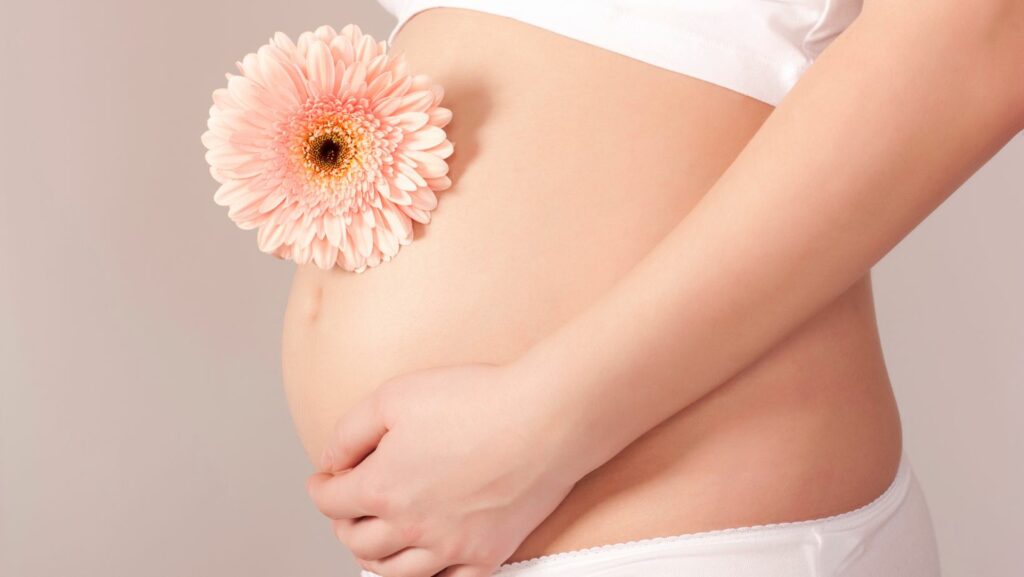
Can You Take Myo and D-Chiro Inositol While Pregnant
Being pregnant is an incredible journey filled with joy, anticipation, and a whirlwind of questions. As an expectant mother, you want to ensure that you are providing the best possible care for yourself and your growing baby. One question that may have crossed your mind is whether it is safe to take myo and d-chiro inositol during pregnancy. In this article, I’ll delve into the topic and provide you with the information you need to make an informed decision about these supplements while pregnant.
Myo and d-chiro inositol are two naturally occurring substances that have gained popularity for their potential benefits in supporting reproductive health. However, when it comes to pregnancy, it’s essential to consider the safety and potential risks associated with any supplement. In this article, I’ll explore the current research on myo and d-chiro inositol use during pregnancy, discuss any potential concerns, and provide recommendations based on expert guidance. So, if you’re curious about whether these supplements are safe to take while pregnant, keep reading to find out more.
What is Myo and D-Chiro Inositol?
In this section, I will provide an overview of myo and d-chiro inositol and explain their potential benefits and uses. It’s important to understand what these substances are before considering taking them during pregnancy.
Myo and d-chiro inositol are two naturally occurring forms of inositol, which is a type of sugar alcohol. Inositol plays a crucial role in various physiological processes, including cell signaling, insulin regulation, and neurotransmitter function. Both myo and d-chiro inositol are involved in these processes, but they have slightly different effects on the body.
Myo inositol is the most commonly found form in nature and is involved in insulin signaling. It helps regulate blood glucose levels and promotes the efficient uptake of glucose into cells. Myo inositol is also known for its potential benefits in supporting female reproductive health, including menstrual regularity and fertility.
On the other hand, d-chiro inositol is less abundant in nature but still plays a crucial role in insulin regulation. It helps promote insulin sensitivity and can be especially beneficial for individuals with insulin resistance, such as those with polycystic ovary syndrome (PCOS). D-chiro inositol has also been studied for its potential role in improving egg quality and ovulation in women with PCOS.
Both myo and d-chiro inositol are available as dietary supplements and have gained popularity due to their potential effects on reproductive health. However, it’s important to note that the safety and efficacy of these supplements during pregnancy are still being studied.
Key Points:
- Myo and d-chiro inositol are naturally occurring forms of inositol.
- Myo inositol is involved in insulin signaling and supports female reproductive health.
- D-chiro inositol helps promote insulin sensitivity and may benefit individuals with PCOS.
- Both myo and d-chiro inositol are available as dietary supplements.
Now that we have a better understanding of what myo and d-chiro inositol are, let’s delve into the research and expert opinions regarding their safety during pregnancy.
The Benefits of Myo and D-Chiro Inositol
I’m often asked about the benefits of taking myo and d-chiro inositol, especially by women who are pregnant or planning to conceive. While the safety and efficacy of these supplements during pregnancy are still being studied, they do offer potential benefits for reproductive health and insulin regulation.
Myo inositol is a naturally occurring compound that plays a key role in insulin signaling. It has been shown to support female reproductive health by promoting regular menstrual cycles and ovulation. Additionally, myo inositol may help improve egg quality and increase the chances of successful conception.
For individuals with polycystic ovary syndrome (PCOS), myo inositol can be particularly beneficial. PCOS is a hormonal disorder that affects many women of childbearing age and can lead to irregular periods, infertility, and insulin resistance. By helping to regulate insulin levels, myo inositol may improve ovulation and menstrual regularity in women with PCOS.
On the other hand, d-chiro inositol is primarily involved in promoting insulin sensitivity. It is believed to enhance the body’s ability to effectively use insulin, which is important for regulating blood sugar levels. This can be particularly beneficial for individuals with PCOS, as insulin resistance is often associated with the condition.
Research suggests that both myo and d-chiro inositol may help improve hormonal imbalances commonly seen in PCOS. By restoring balance to hormone levels, these supplements may help manage symptoms such as acne, excessive hair growth, and weight gain. They may also help regulate blood sugar levels and reduce the risk of developing gestational diabetes during pregnancy.
However, it’s important to note that more research is needed, especially regarding the safety and efficacy of myo and d-chiro inositol during pregnancy. If you are pregnant or planning to become pregnant, it’s important to consult with your healthcare provider before starting any new supplements.
While myo and d-chiro inositol hold promise for supporting reproductive health and insulin regulation, their effects during pregnancy are still being studied. It’s crucial to prioritize the safety of both mother and baby and make informed decisions based on the guidance of a healthcare professional.













